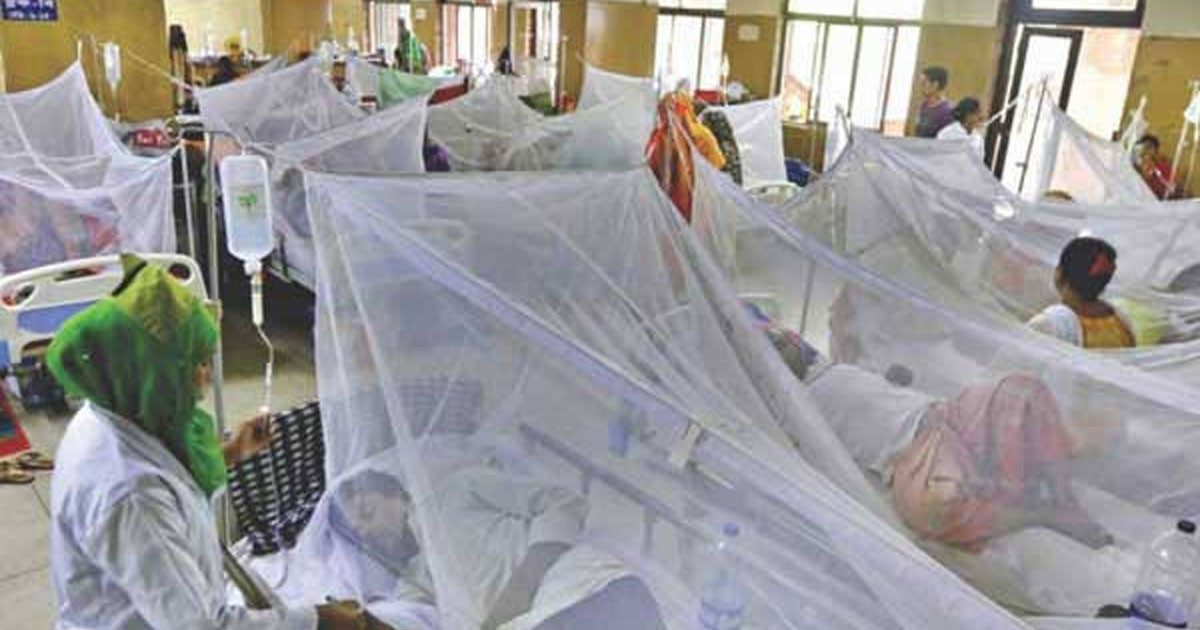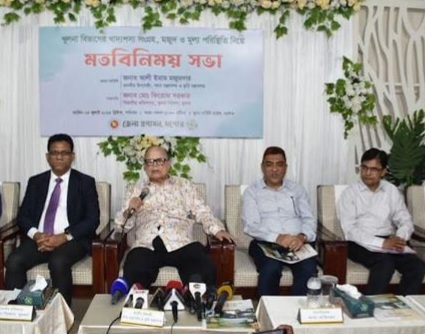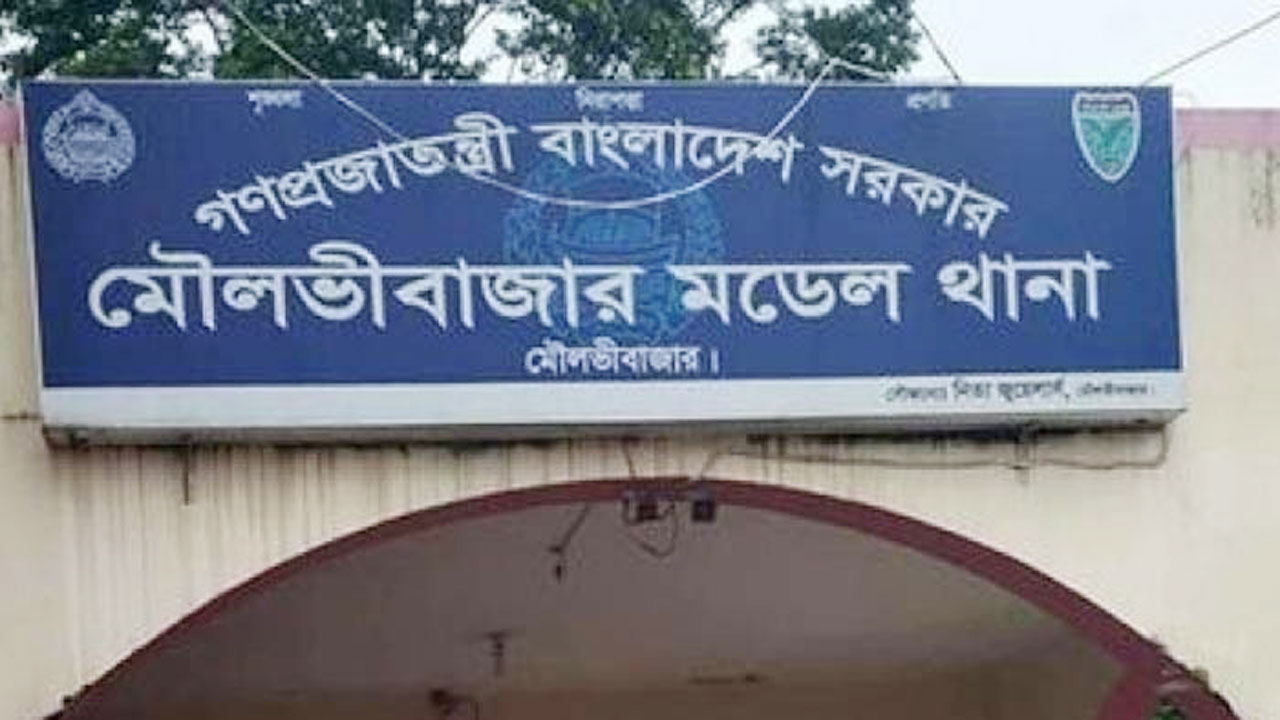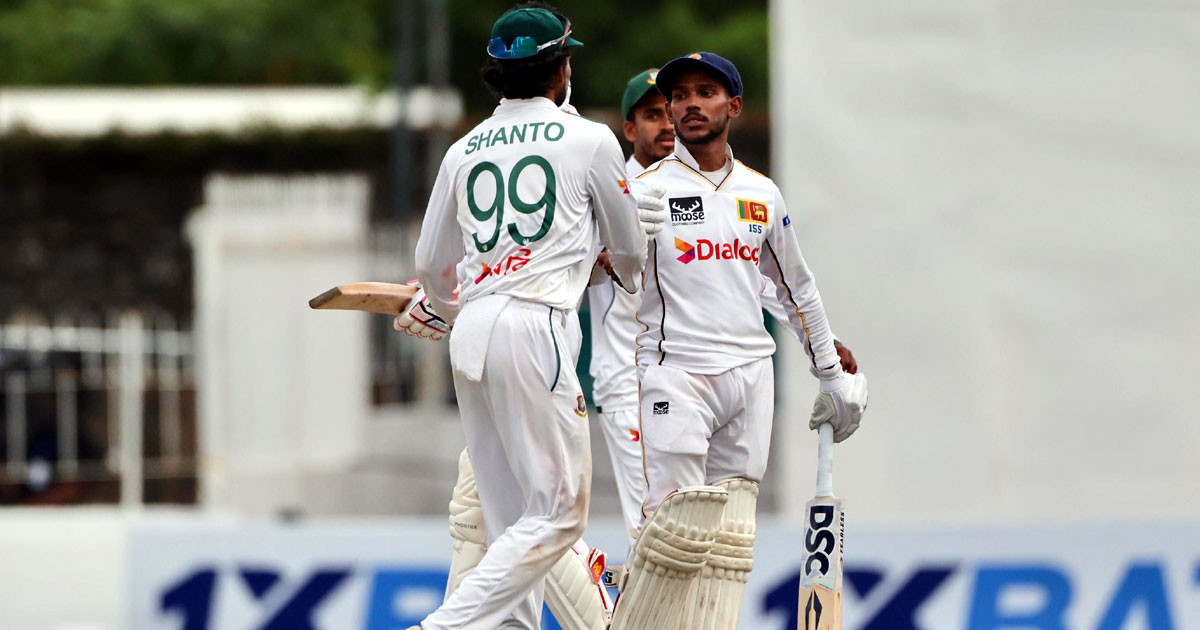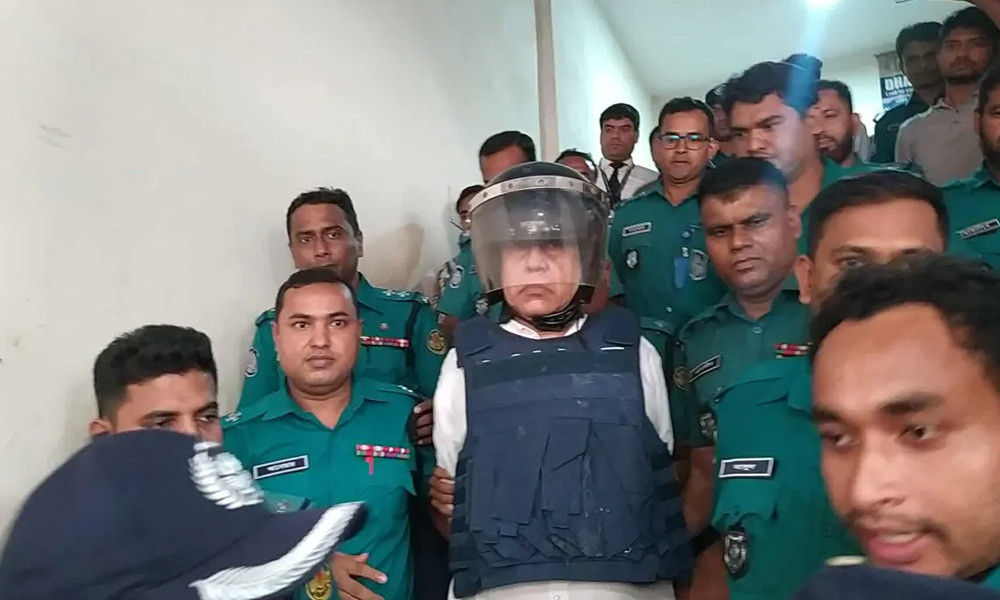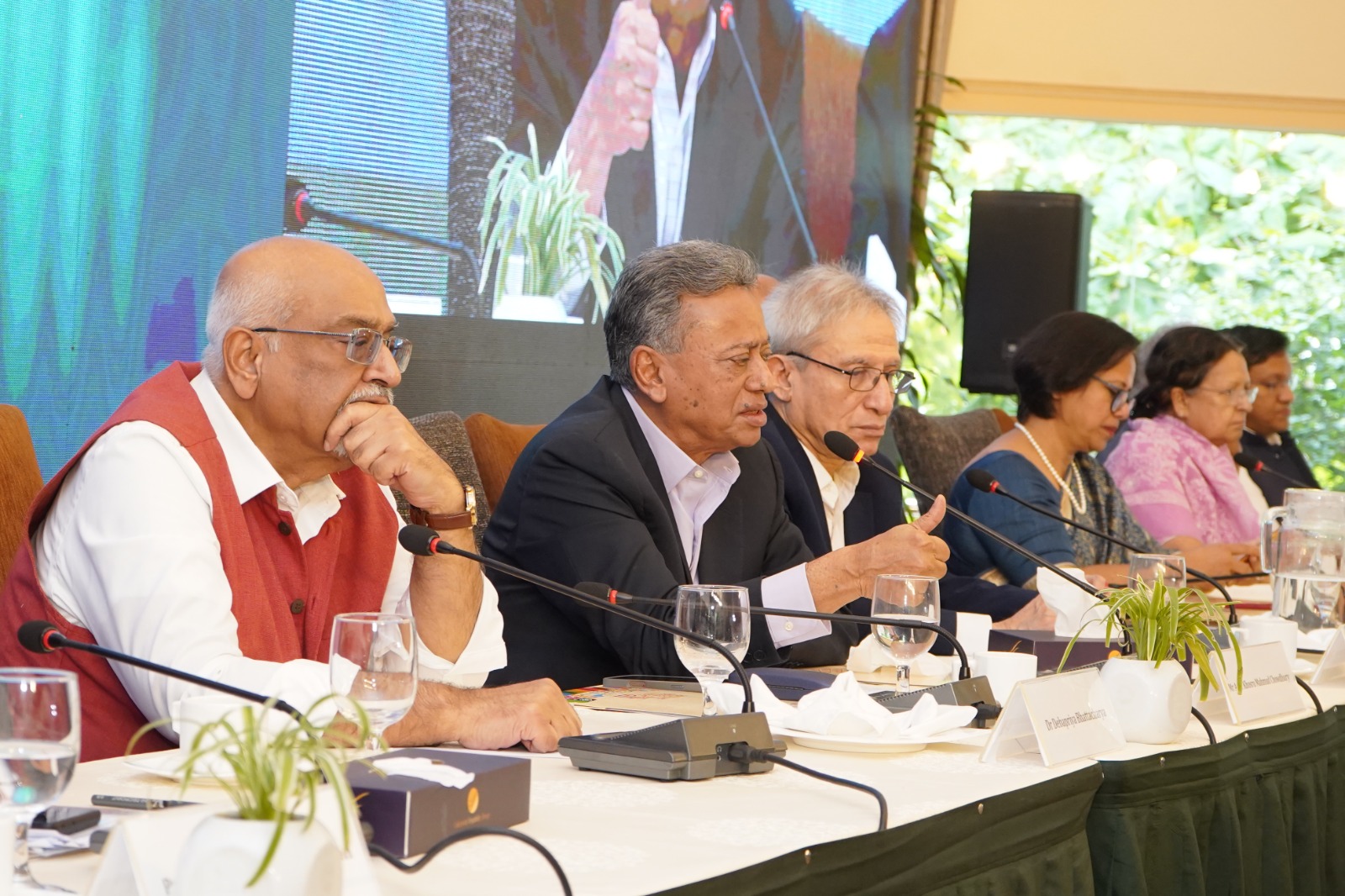
BNP Standing Committee Member and former Commerce Minister Amir Khasru Mahmud Chowdhury has warned that Bangladesh is heading toward a period of deep uncertainty, as the current interim government disregards key responsibilities essential for a democratic transition.
He made the remarks while speaking at a policy dialogue titled “Policy Reform and the Upcoming National Budget,” organised by the Citizen’s Platform for SDGs, Bangladesh, at a hotel in Gulshan, Dhaka.
Amir Khasru said, “This government is bypassing its core duty—to pave the way for a democratic transformation. Without political certainty, neither budgetary measures nor economic policies can function meaningfully.”
He raised concerns over the legitimacy of the national budget, claiming it is based on a “questionable GDP figure” and follows the continuity of previous “fascist government” policies without addressing current economic and global realities. “We need to question whether the budget truly reflects the present national and international context,” he stated.
Khasru also criticised the interim government’s reported move to allow a humanitarian corridor for Myanmar’s Rakhine State through Bangladesh, calling it a “highly sensitive, political decision” made without stakeholder consultation. “How can a non-elected interim administration make such a strategic geopolitical decision?” he asked.
Highlighting the democratic struggle of the past 15 years, including public sacrifices and mass movements as recently as July last year, Khasru said the interim government is now focusing on everything but elections—the very process it is mandated to facilitate.
He also addressed the issue of excessive state control in Bangladesh’s business environment, stating, “Compared to other countries, the level of government control in Bangladesh is disproportionately high. And with control comes corruption—we’ve seen looting thrive under overregulation. We need to break free from this cycle.”
Looking ahead, he proposed a shift in Bangladesh’s economic philosophy. “Our model should be simple: ‘We are open for business’. That should define the economic direction of the future.”
Khasru concluded by calling for political tolerance and inclusive governance. “We must move beyond confrontational politics. We can disagree with others and still respect their right to participate. Without political reform alongside economic change, progress will remain out of reach.”




